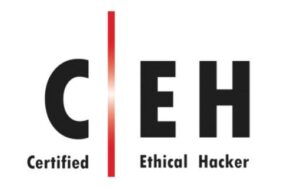Certified Ethical Hacker



A vulnerability assessment is the process of identifying, quantifying, and prioritizing vulnerabilities in a system.
Overview of Ethical Hacking
Key Concepts and Terminologies
Footprinting and Reconnaissance
Scanning Networks
Enumeration
System Hacking
Malware Threats
Sniffing
Denial-of-Service (DoS)
Information security focuses on protecting data in any form, while cybersecurity specifically addresses protecting electronic data from cyber threats.
Ethical hacking involves legally breaking into systems to identify and fix security vulnerabilities.
Common tools include Nmap, Metasploit, Wireshark, and Burp Suite.
Penetration testing goes a step further by exploiting vulnerabilities to determine the extent of potential damage.
Social engineering is manipulating individuals into divulging confidential information. It's a technique often used in ethical hacking to identify human vulnerabilities.
Types include black box testing, white box testing, and grey box testing.
The core principles are confidentiality, integrity, and availability, commonly known as the CIA triad
A cyber investigator analyzes digital evidence, tracks cybercriminals, and investigates cybercrimes.
Tools include EnCase, FTK, Cellebrite, and X-Ways Forensics.
A Security Operations Center (SOC) monitors and analyzes an organization's security posture, detects threats, and responds to incidents.
Responsibilities include monitoring security alerts, analyzing logs, incident response, and threat hunting.
Essential skills include knowledge of networking, understanding of security tools, analytical thinking, and effective communication.
If you have any queries regarding our courses and training, you can contact us.
Hacktech is proudly powered by WordPress